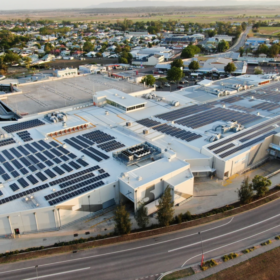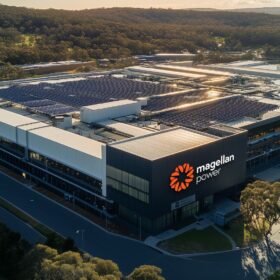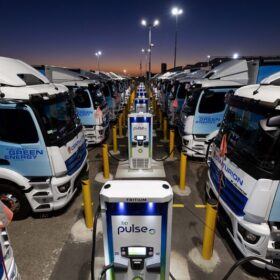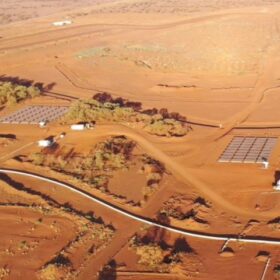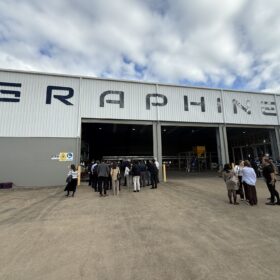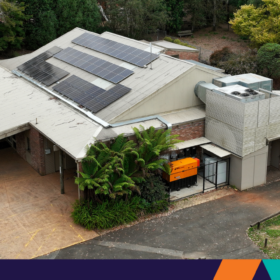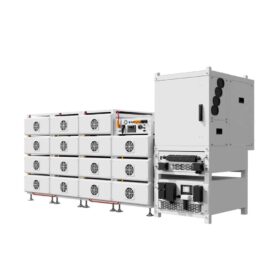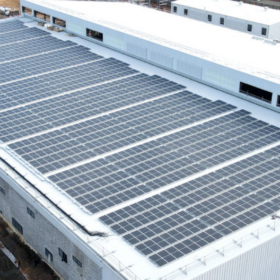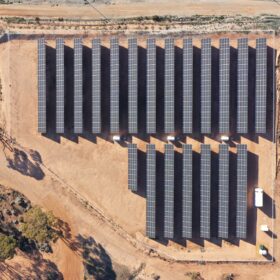Indonesia announces 100 GW solar, storage minigrid plan
The new initiative features plans for 1 MW solar minigrids tied with 4 MWh of accompanying battery energy storage, to be deployed across 80,000 villages, alongside 20 GW of centralised solar power plants.
CleanPeak secures $500 million to grow solar and storage platform
Global investment firm KKR has committed $500 million to partner with Australian renewables company CleanPeak Energy and support the growth of its distributed energy platform, focusing on solar, battery energy storage, and microgrid solutions.
Perth battery manufacturer plans major expansion
Perth-based energy storage and off-grid power system specialist Magellan Power has launched a $15 million funding round to boost its manufacturing capabilities and support a “significant expansion” of its operations across Australia.
Freight provider powers up off-grid truck charging site
Transport and logistics operator Centurion has reached a major milestone in its electrification journey with a new electric truck charging site powered by a 2.2 MW rooftop solar system and a 3.44 MWh battery energy storage system now active at its depot in Perth’s eastern suburbs.
Miner targets 55% renewables penetration with solar and storage systems
Mining colossus Hancock Iron Ore has become the latest resources major to turn to solar and battery storage to improve economics, unveiling three hybrid solar and battery storage systems that are helping power dewatering facilities at its operations in Western Australia’s Pilbara region.
Graphinex launches battery anode plant in Queensland
Australian resources company Graphinex has officially launched its battery anode manufacturing hub in north Queensland, a facility capable of taking graphite from mine to battery-ready material using full-scale commercial equipment.
$6.6 million neighbourhood batteries program kicks off final funding round
The Victorian government has launched its third and final round of grant funding through the 100 Neighbourhood Batteries Program, offering $400,000 per battery through multiple streams of eligibility to a pool of nine council regions.
Deye launches C&I power conversion system with battery storage
Deye has developed a new power conversion system optimised for solar integration, with modules ranging from 100 kW to 125 kW. The Chinese manufacturer says the PCS supports flexible system design and targets commercial and industrial applications.
Building contractor launches sustainable practice blueprint
CIMIC Group company CPB Contractors has launched a guidebook targeting its supply chain and sub-contractors to encourage unity in the construction sector to actively reduce emissions and use clean energy solutions.
Horizon seeks federal approval for Derby solar and storage plans
Western Australian regional energy provider Horizon Power is seeking a federal green tick for a 21 MW solar-plus-battery storage project designed to help power the coastal town of Derby in the state’s Kimberley region.

